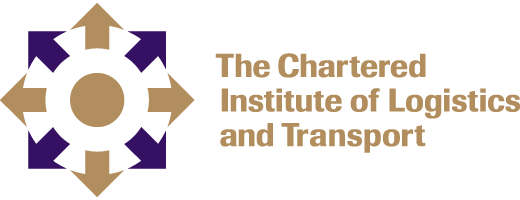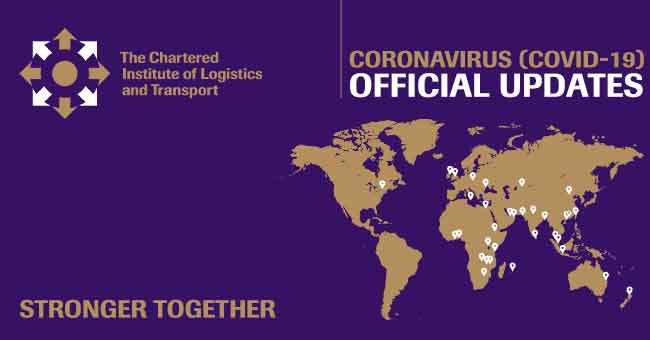Covid-19 is a humanitarian and economic crisis on a global scale. As the virus continues to spread throughout the world, it is placing health, trade and supply chain systems under unprecedented stress. This is a snapshot of the effects being felt in Australia.
Impacts on Australia’s Food and Agribusiness Sector
The evolving uncertainty of the coronavirus (COVID-19) pandemic has impacted the Australian economy and businesses in an unprecedented manner. The food and agribusiness sector has been affected to varying degrees with some food companies experiencing rapid increased demand for products as panic buying escalates across the country and in some cases import competitors are restricted.
Other industries such as seafood have had export markets effectively close into China while some domestic food producers have had rapid decline in demand from the food service, restaurant and café sectors.
Food Security
Coming after severe droughts in eastern Australia, Covid-19 has raised concerns about Australian food security. The concerns are understandable, but they are misplaced.
Despite temporary shortages of some food items in supermarkets caused by an unexpected surge in demand, Australia does not have a food security problem. An Australian Bureau of Agricultural and Resource Economics and Sciences study released recently outlines why Australia is one of the most food-secure countries in the world.
The Shock to Supply Chains
The Australian supermarket chain, Woolworths, has announced that it’s closing all of its supermarkets nationwide early for one night, so it can restock stores in an effort to manage panic buying in the face of the Covid-19 pandemic. Community fears over Covid-19 has led to consumers around the world panic-buying goods. In Australia, shoppers have stripped supermarkets of toilet paper, hand sanitiser and dried goods like rice and pasta.
As well as affecting consumer demand, Covid-19 is disrupting supply chains, ratcheting up the pressure on global businesses as the US-China trade tension cools. With each passing day, the death toll and number of infections in the epicentre Hubei province and across China increases. Many global businesses still reeling from the drawn-out impact of the trade war and Brexit, are facing a new and perhaps even greater threat to global trade and economic growth.
Support for Air Freight
The Australian Logistics Council (ALC) has welcomed the Federal Government’s investment of an initial $165 million to support the continued operation of a domestic air network during the Covid-19 pandemic.
‘This investment will assist the movement of domestic freight and help consumers to get their deliveries more efficiently,’ says ALC CEO Kirk Coningham. ‘Grounding the bulk of Australia’s domestic commercial aircraft fleet has produced a flow-on effect in our supply chains, given that more than 80 per cent of air freight is ordinarily carried in the cargo hold of passenger planes.’
UBER
Uber will expand beyond its core ride-hailing and food-delivery services with a broader courier service for packages, medication, and pet supplies. The ride-hailing giant’s efforts fall under two initiatives, called “Uber Direct” and “Uber Connect.”
Uber Direct lets users order items from select retailers and have them delivered directly to their door, while Uber Connect lets users in 25 cities in Australia, Mexico and the US send packages to relatives and friends.
Medicinal Supplies
As a Nation, we are facing one of the biggest global health challenges of our time. At home and around the world people are facing uncertainty, anxiety and new ways of living their lives.
As an industry, we recognise the critical role we must play, both in the urgent response to this rapidly evolving health crisis, but also in the recovery of Australia. To succeed, every aspect of the Australian healthcare delivery system has an essential role to play and it is imperative, we work together now in a collaborative and supportive way.
This is an example of industry analysis from Australia which we are sharing as part of our global best practice resource to help you think about and determine appropriate responses locally.

